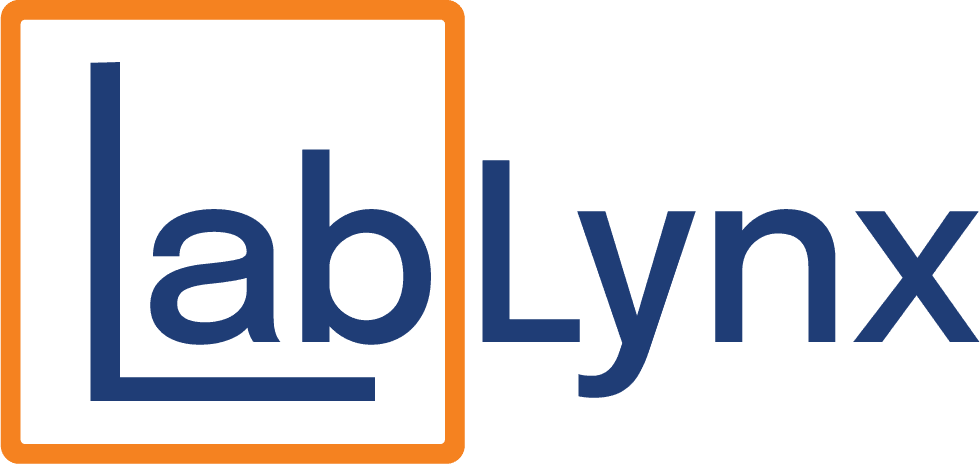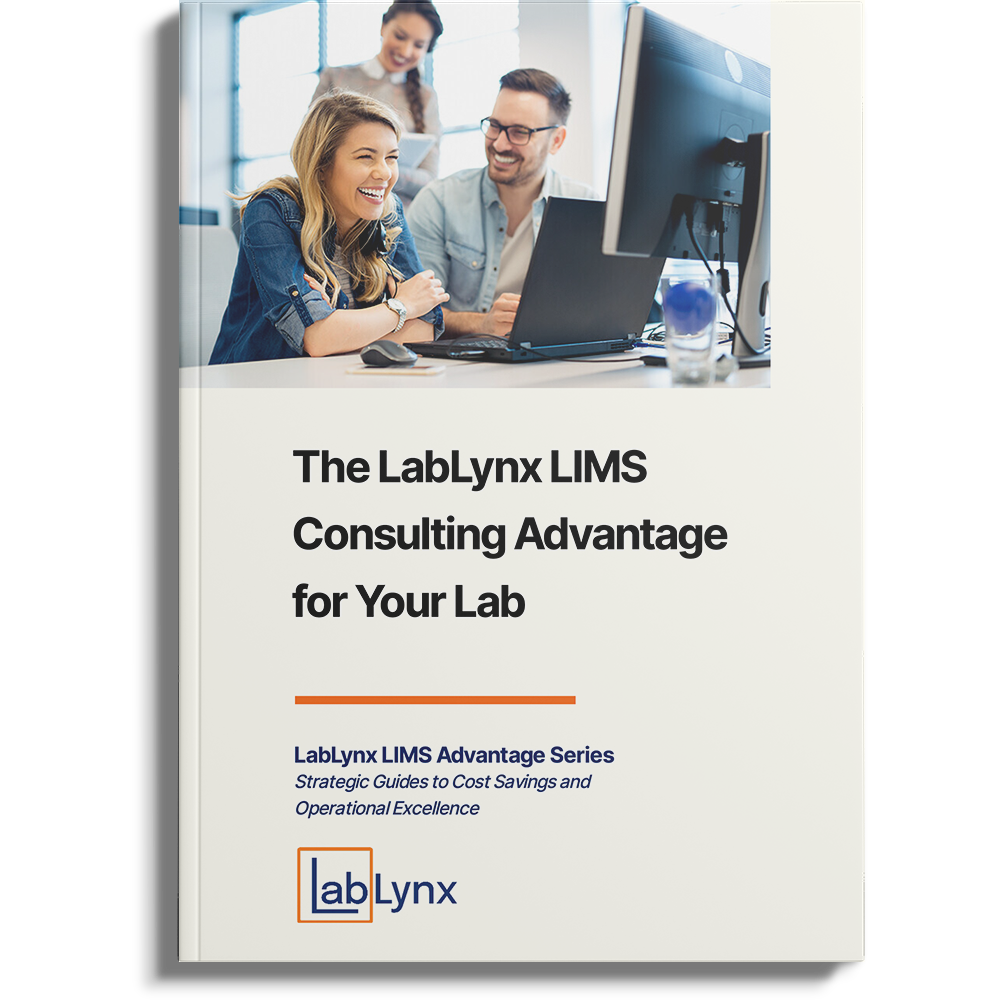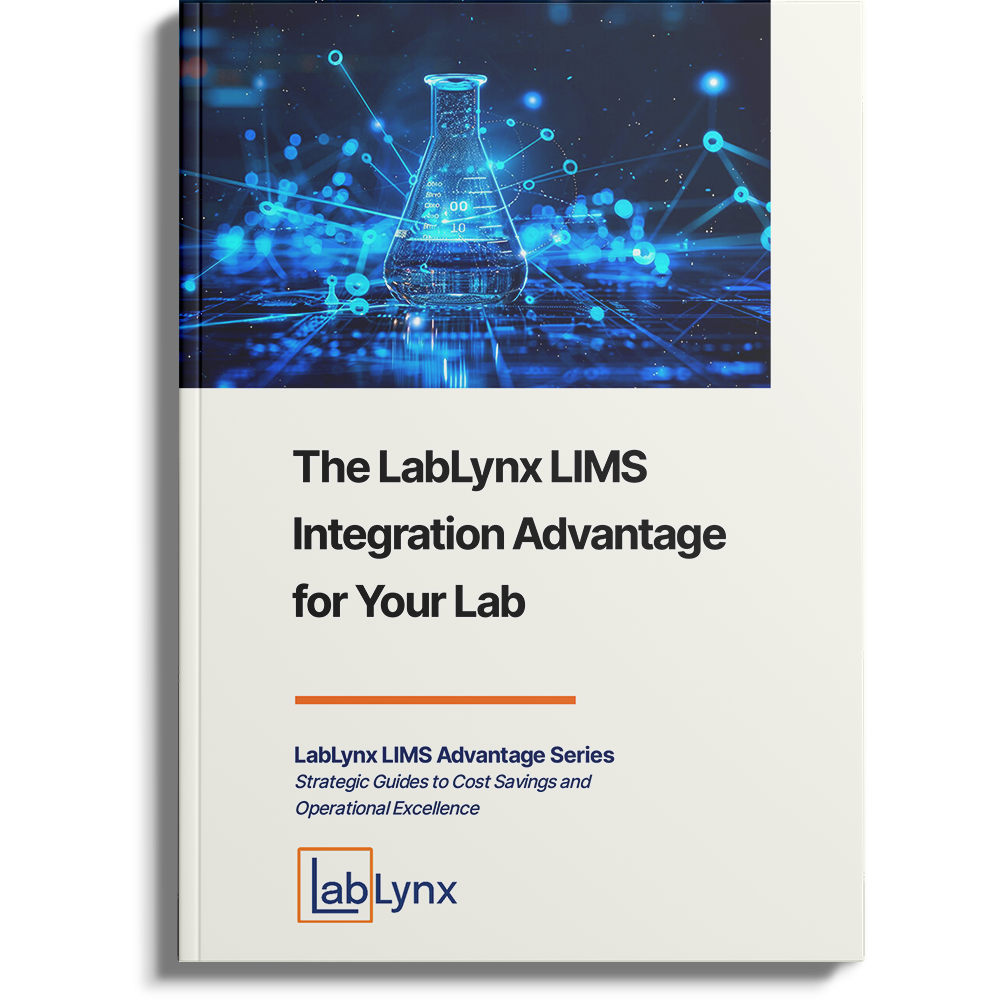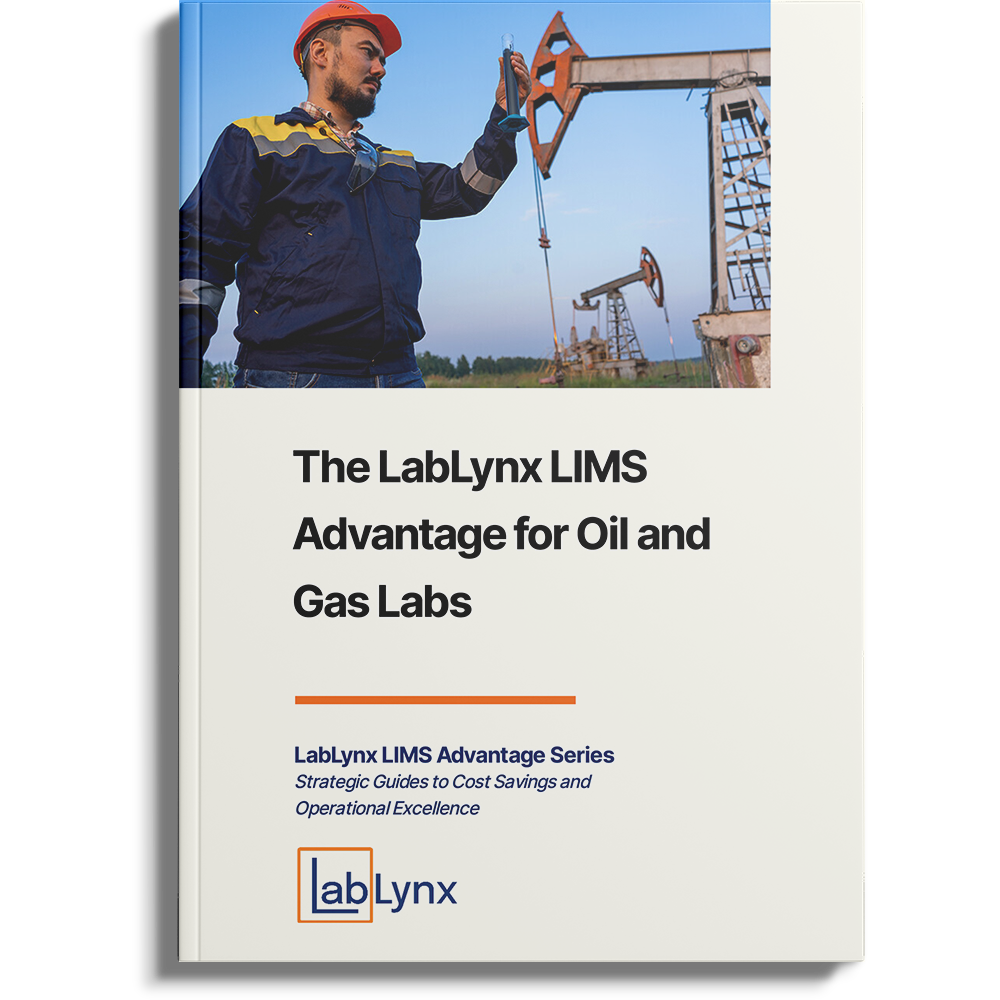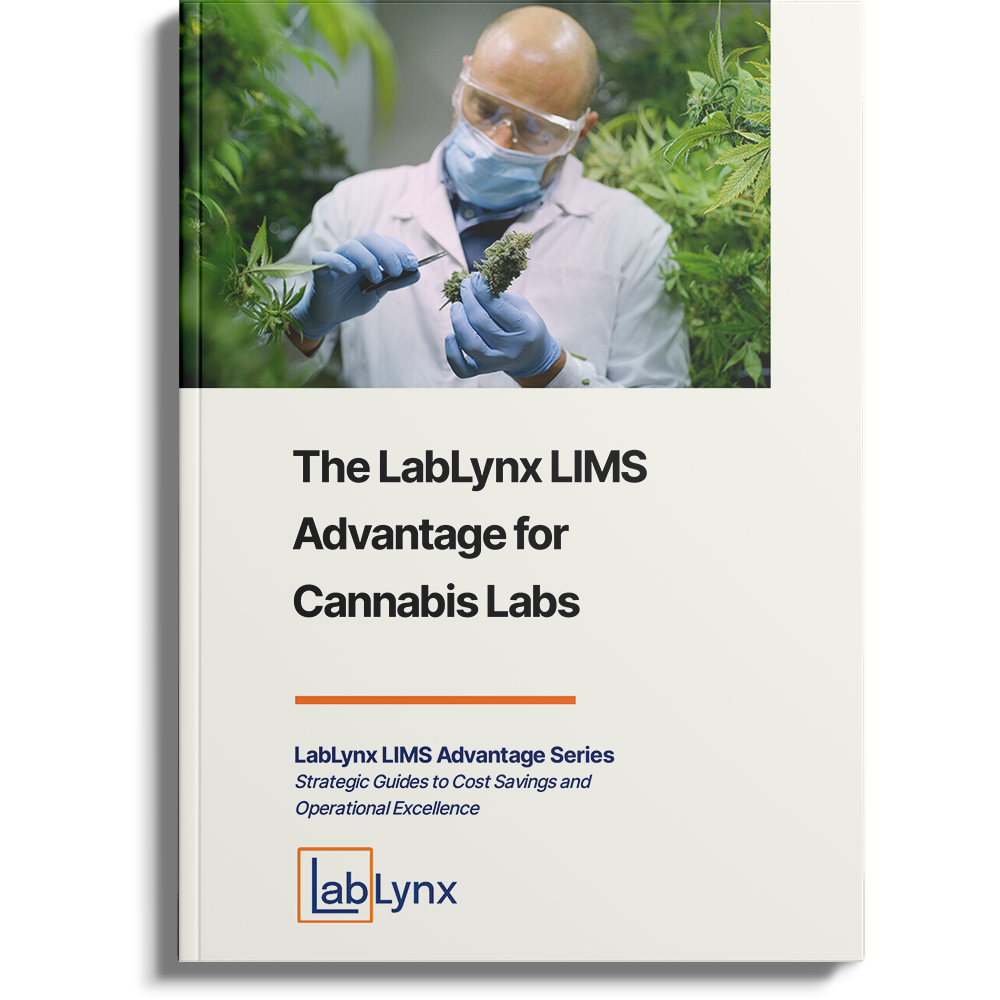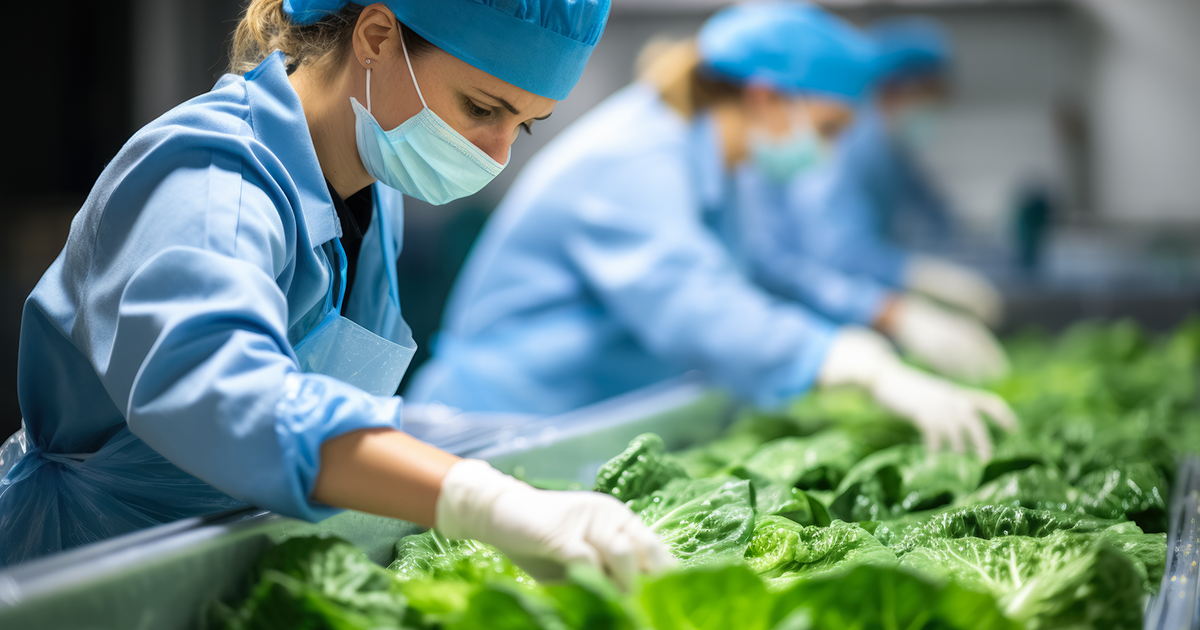
Food safety laboratories play a critical role in protecting public health by ensuring that the food supply is free from contaminants, pathogens, and harmful substances. However, these labs must adhere to a complex framework of national and international standards, regulations, and guidelines to maintain compliance, ensure data integrity, and produce scientifically valid results. In this article, we explore the key standards and regulations that govern food safety laboratories and how they shape lab operations, quality control, and reporting.
Why Food Safety Standards Matter
From farm to fork, food passes through a vast supply chain that can expose it to numerous risks. Food safety testing is essential to detect contamination, verify labeling claims, and ensure compliance with legal limits for substances like pesticides, heavy metals, allergens, and pathogens. To guarantee trust in testing results, laboratories must follow established procedures and operate under strict regulatory oversight.
Regulatory compliance isn’t just about passing inspections. It’s about ensuring food quality, safeguarding consumer health, avoiding recalls, and protecting brand reputation. Noncompliance can lead to legal penalties, revoked licenses, and irreparable harm to public trust.
Core Standards and Guidelines for Food Safety Laboratories
Food safety laboratories are governed by a mix of international, national, and industry-specific standards. These standards ensure consistency, traceability, and scientific validity across all operations. Below are the most influential ones:
1. ISO/IEC 17025: General Requirements for the Competence of Testing and Calibration Laboratories
ISO/IEC 17025 is the gold standard for laboratory quality management systems. It outlines the general requirements for competence, impartiality, and consistent operation of testing and calibration laboratories. Food safety labs accredited under ISO/IEC 17025 demonstrate that their testing processes, equipment, and personnel meet internationally recognized benchmarks.
Key areas addressed:
- Method validation and verification
- Measurement uncertainty and traceability
- Personnel training and competency
- Data integrity and technical records
- Internal audits and management reviews
2. ISO 22000: Food Safety Management Systems
ISO 22000 specifies the requirements for a food safety management system (FSMS). It applies to all organizations in the food chain, including laboratories that test for foodborne hazards. ISO 22000 integrates principles of Hazard Analysis and Critical Control Points (HACCP) with a robust management system structure to reduce food safety risks.
3. HACCP (Hazard Analysis and Critical Control Points)
HACCP is a preventative approach to food safety that identifies potential hazards in the production process and establishes control measures. While primarily used by food producers, labs must often align with HACCP principles to assess critical control points and ensure their testing services support HACCP-compliant operations.
Regulatory Bodies and Legal Frameworks
In addition to international standards, food safety laboratories must comply with country-specific regulations issued by national authorities. Below are some key regulatory agencies and frameworks relevant to labs operating in or importing to major markets:
1. United States – Food and Drug Administration (FDA)
The FDA regulates food safety testing under several acts, including:
- Federal Food, Drug, and Cosmetic Act (FD&C Act): Governs the safety of food, drugs, and cosmetics.
- Food Safety Modernization Act (FSMA): Requires food testing by accredited laboratories, especially for high-risk foods and imported goods.
- Current Good Manufacturing Practices (CGMPs): Includes requirements for proper laboratory practices.
2. United States Department of Agriculture (USDA)
USDA’s Food Safety and Inspection Service (FSIS) oversees the safety of meat, poultry, and egg products. Laboratories supporting these sectors must comply with FSIS regulations and participate in proficiency testing programs.
3. European Union – European Food Safety Authority (EFSA)
EFSA provides scientific advice and sets EU-wide food safety standards. Labs operating in the EU must comply with regulations such as:
- Regulation (EC) No 178/2002: General food law establishing the EFSA and outlining traceability requirements.
- Regulation (EC) No 882/2004: Ensures official food and feed control, including lab accreditation requirements.
4. Codex Alimentarius
Jointly developed by the Food and Agriculture Organization (FAO) and World Health Organization (WHO), the Codex Alimentarius is a collection of internationally recognized food standards. While not legally binding, Codex standards influence national regulations and trade policies and provide reference frameworks for laboratory methods.
Other Important Guidelines
Food safety laboratories may also follow additional best practices and frameworks depending on their scope of work:
- AOAC International: Publishes validated methods for food analysis widely accepted in regulatory and industry settings.
- USP (United States Pharmacopeia): Provides standards for food ingredients and dietary supplements.
- GFSI (Global Food Safety Initiative): Recognizes food safety certification schemes like BRCGS, FSSC 22000, and SQF that often require accredited lab testing.
Ensuring Compliance Through Laboratory Informatics
With so many overlapping standards and requirements, food safety laboratories must maintain meticulous documentation, track sample data, ensure chain of custody, and manage audit trails. That’s where Laboratory Information Management Systems (LIMS) and Electronic Laboratory Notebooks (ELN) come into play.
Modern lab informatics solutions streamline compliance by offering features like:
- Automated documentation and reporting aligned with ISO/IEC 17025 and other standards
- Sample tracking with barcode labeling and chain of custody logs
- Audit-ready data storage and backup
- Integration with instrumentation and regulatory databases
- Configurable workflows tailored to meet HACCP and FSMA compliance needs
LabLynx offers comprehensive lab informatics solutions that empower food safety laboratories to meet the strictest regulatory requirements while improving operational efficiency, data integrity, and scalability.
Final Thoughts
Compliance is not just a checkbox—it’s a continuous commitment to quality, accuracy, and safety. By adhering to global standards like ISO/IEC 17025 and regulations from bodies like the FDA, USDA, and EFSA, food safety laboratories protect consumers and enable safe global trade. Investing in robust lab management systems and staying current with evolving requirements ensures your lab remains audit-ready, efficient, and scientifically credible in today’s dynamic regulatory landscape.
Ready to Elevate Your Lab’s Compliance and Performance?
Discover how LabLynx can help your food safety lab meet regulatory standards, streamline workflows, and improve data management. Schedule a free demo or get in touch with our team of lab informatics experts today.
